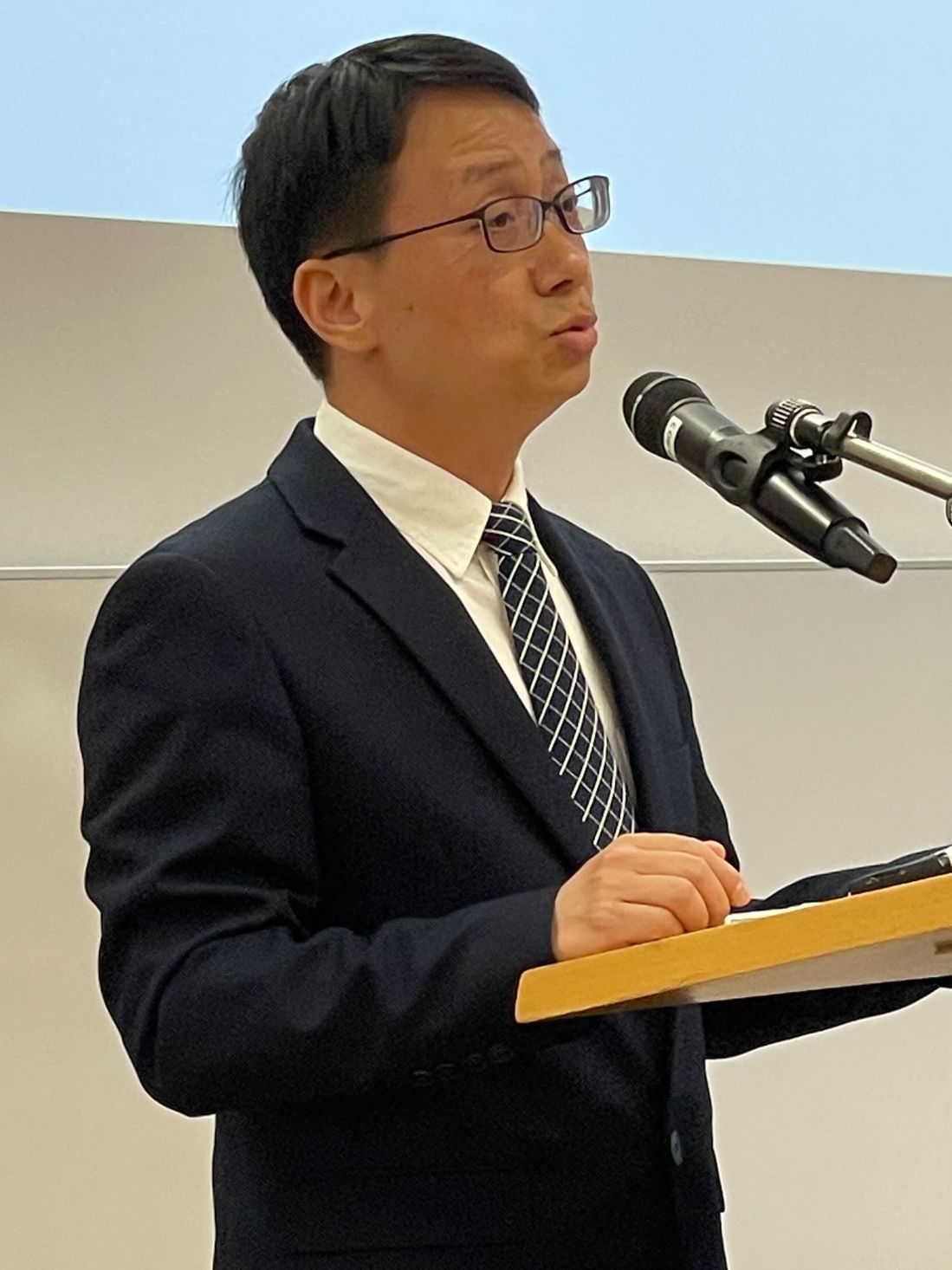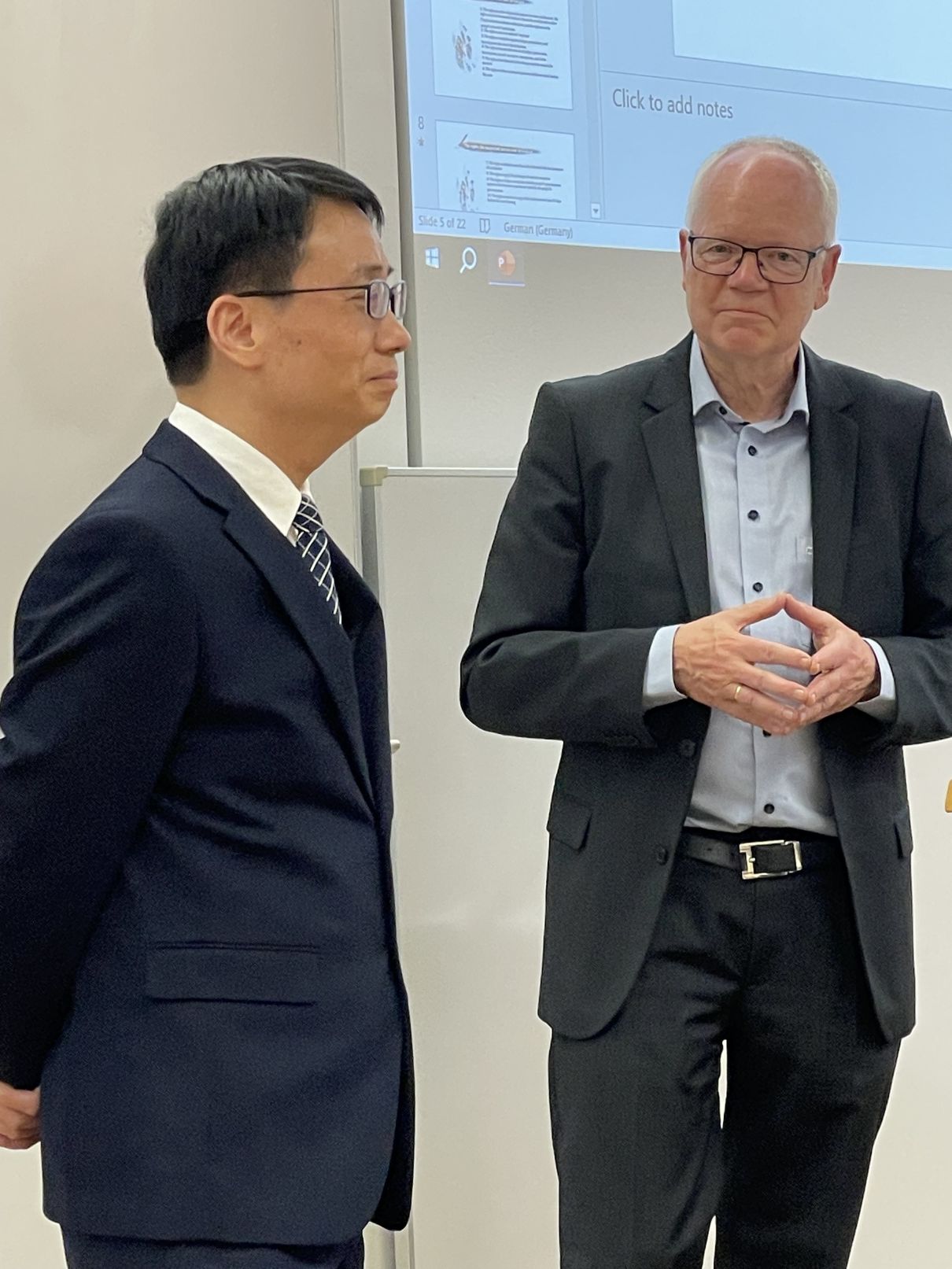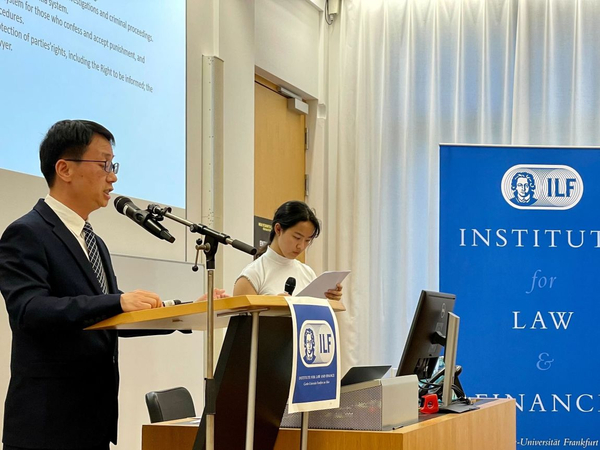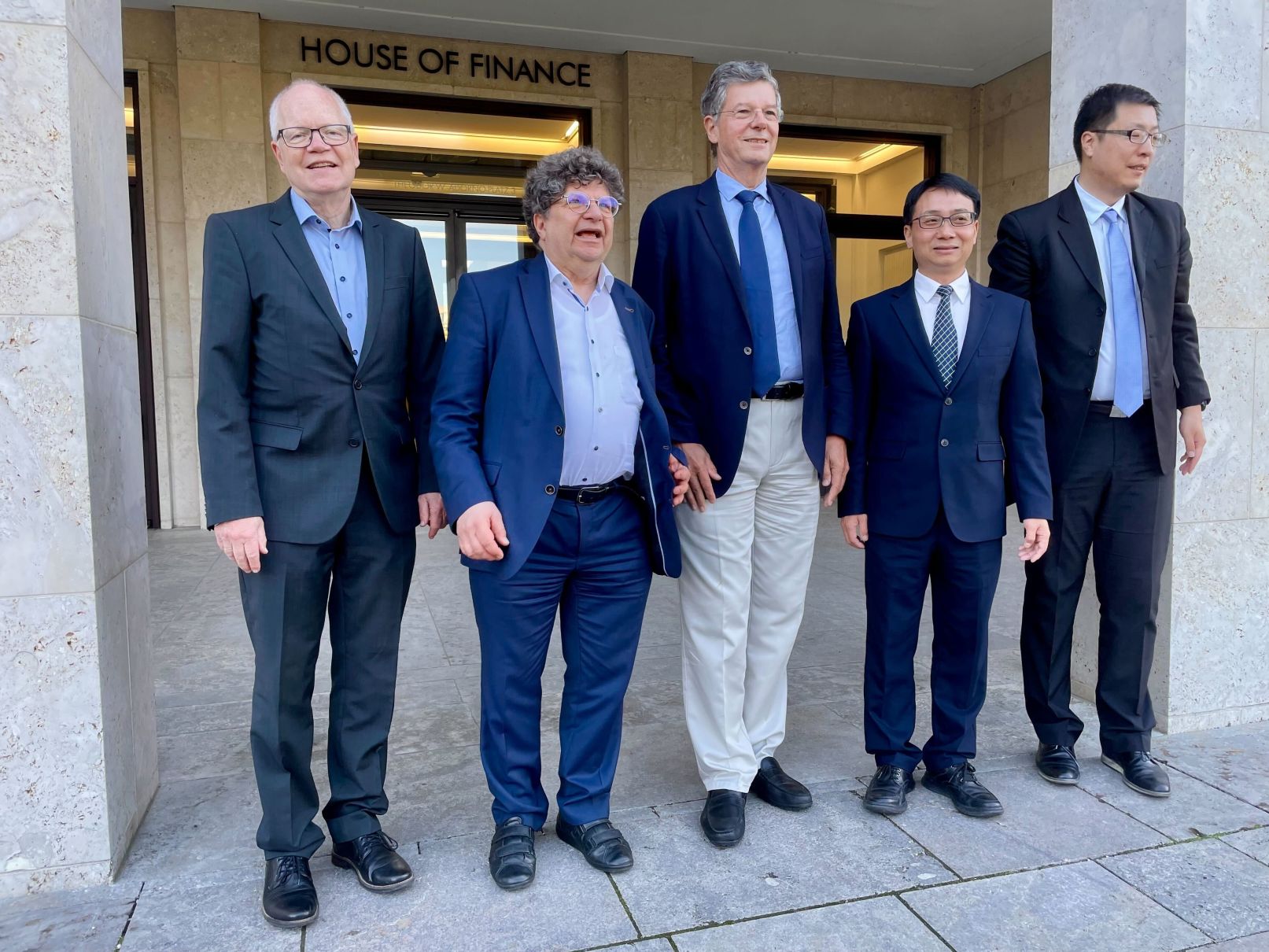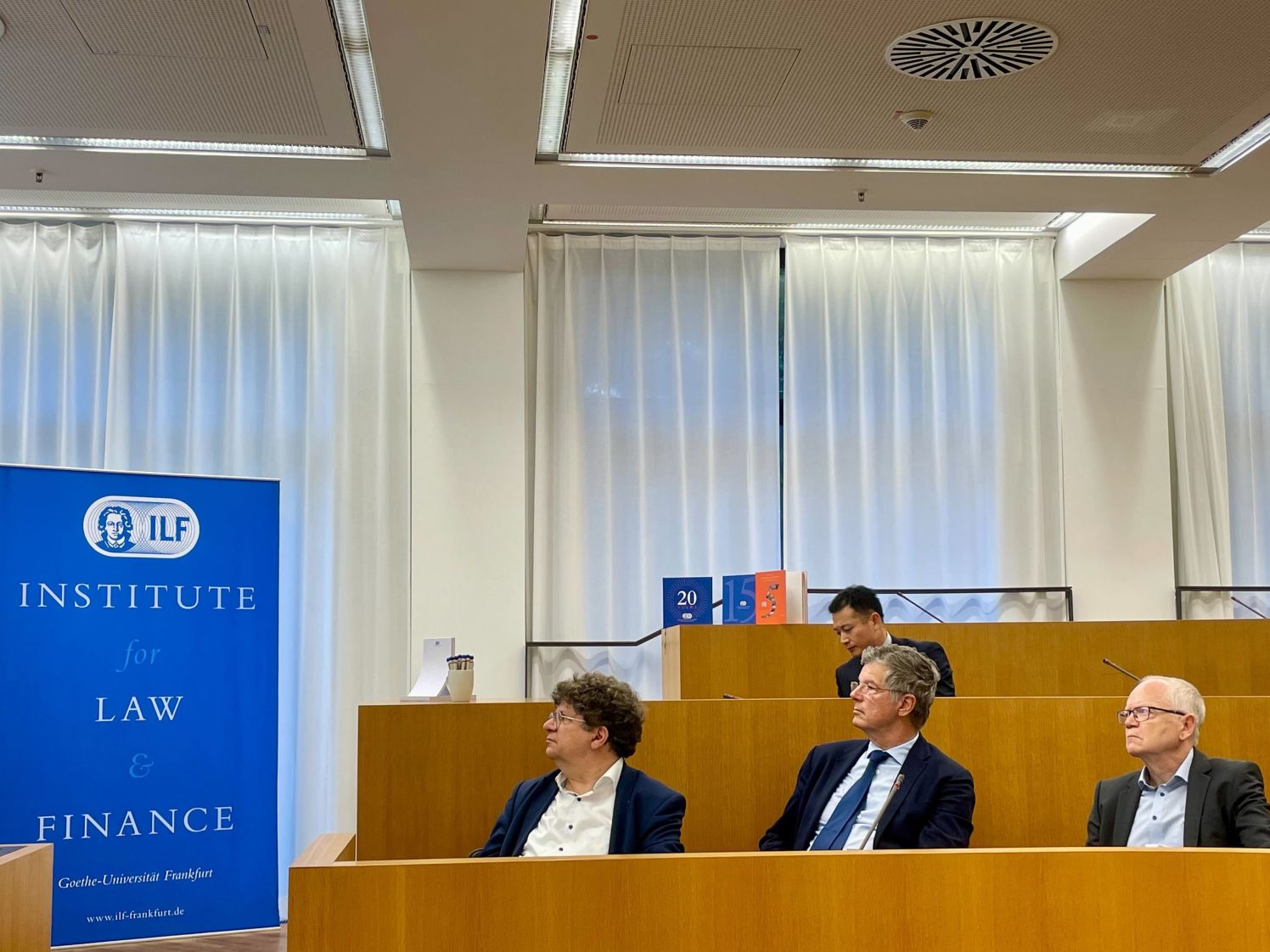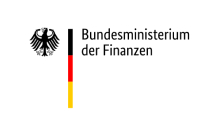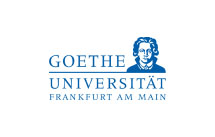On 19 June 2024, the Executive Director of the ILF, Dr. Hendrik Haag, welcomed Professor Jianlong Yao, his delegation, the co-organizers and the audience to a guest lecture of Prof. Jianlong Yao, Vice President of the Shanghai Academy of Social Sciences (SASS) and Director of its Institute of Law.
Prof. Yao first gave an insightful overview of the criminal justice system in contemporary China. The discussion began with the basic models of criminal adjudication established by the 1979 Criminal Procedure Law. Significant reforms were introduced with the 1996 Amendment, which incorporated adversarial elements from the Anglo-American legal system while retaining some inquisitorial characteristics. Further progress was marked by the 2012 Amendment, which bolstered the rights of defense lawyers, established the exclusionary rule for illegal evidence, and introduced a compulsory witness appearance system. The 2018 Amendment brought substantial changes, including improved coordination between supervisory investigations and criminal proceedings, the establishment of a criminal trial in the absentia system, and a leniency system for those who confess and accept punishment. Additionally, this amendment introduced expedited procedures and strengthened the protection of parties’ rights, including the right to be informed and the right to have a duty lawyer.
Prof. Yao emphasized the basic principles underlying the criminal justice system. Respect and protection of human rights are paramount, ensuring that individuals are protected against torture and other illegal methods for obtaining confessions. Defendants have the right to use their national language, lodge complaints against judicial authorities, request recusal, be informed of charges, and refuse to answer irrelevant questions. They also have the right to defend themselves or be assisted by a defender, apply for changes in coercive measures, and appeal against non-prosecution decisions. The right to a fair trial includes receiving a copy of the indictment at least ten days before the hearing, participating in court proceedings, questioning witnesses and experts, and making final statements.
The principle of public trial mandates that cases in the People's Courts be heard publicly unless otherwise stipulated by law. Judges must personally hear oral statements in court, with facts and evidence presented and investigated through oral arguments and cross-examination. The right to confrontation allows defendants to confront witnesses against them. The principle of continuous trial requires that court proceedings for each criminal case be conducted without unnecessary interruptions.
China’s court system is hierarchical, divided into four levels: the Supreme People’s Court, the Higher People’s Courts, the Intermediate People’s Courts, and the Primary People’s Courts. The two-instance final trial system allows cases to be concluded after being tried by at most two levels of the people’s courts, with certain exceptions like the death penalty review process. If a legally effective judgment is found erroneous, a retrial can be requested based on new evidence or legal errors.
The judicial organization includes single-judge courts for summary or expedited procedures, collegial panels for complex cases, and judicial committees for significant cases where the collegial panel finds it difficult to make a decision.
In conclusion, Prof. Yao’s presentation provided a comprehensive overview of the evolution and current state of the criminal justice system in China, highlighting significant reforms and the principles underpinning the legal process.
A lively discussion followed the presentation by Prof. Yao. A current Chinese student of the LL..M. International Finance program, Ms. Li Siyi, translated the presentation by Prof. Yao which he held in Mandarin into English and also translated the questions of the audience and the answers by Prof. Yao.
Final words were spoken by the co-organizers of ths event, namely the German Chinese Lawyers´ Association (DCAV) represented by Dr. Joachim Glatter, and the German Shanghai Association represeted by Mr. Norbert Noisser.

